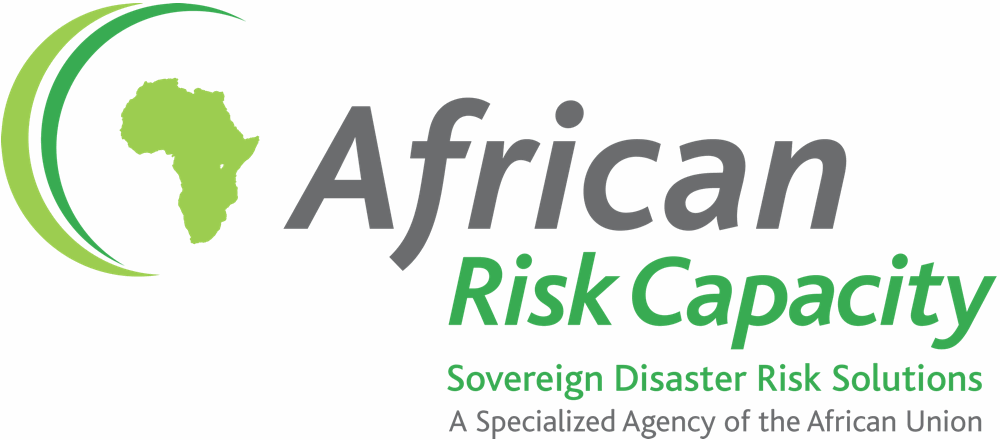For the developing world and countries highly exposed to climate related risks, resiliency and food security need to go hand-in-hand to enable better responses to climate disasters and the African Risk Capacity (ARC) has partnered with the Afreximbank to provide both together.
 Of course, the African Risk Capacity (ARC) already provides parametric drought insurance, alongside some other parametric natural perils covers, to African countries.
Of course, the African Risk Capacity (ARC) already provides parametric drought insurance, alongside some other parametric natural perils covers, to African countries.
The ARC parametric products come with resiliency in mind and governments sign up to an agreement and plan to prepare for climate disasters and heighten resiliency against them when buying the parametric risk transfer.
Now, thanks to an MoU signed with the African Export-Import Bank (AFREXIMBANK), a trade finance bank for Africa, food security is also being thrown into the mix, with the use of a contingent financing product.
The MoU is designed to enable African member states to enhance their disaster response and resiliency initiatives, utilising available banking and insurance products suited for localised challenges, the pair explained.
What this actually means to begin with, is that the Food Emergency Contingent Financing Facility (FECONTRAF) will be provided to countries that are signed up to African Risk Capacity’s sovereign or macro disaster risk transfer programmes, its national capacity building and food security policy development.
The contingent financing facility for food security fits neatly with a parametric drought insurance product.
The Food Emergency Contingent Trade Financing Facility (FECONTRAF) enables physical food (grain) reserves to be substituted with a standby facility, meaning a climate vulnerable African country could finance the commercial imports of grains, or their staple food of choice, if they have a food emergency, such as driven by a drought.
The contingent financing can guarantee the availability of an import financing facility in the event of a crisis, which can be a time when trade finance markets become more challenging to access.
One of the key aims of the FECONTRAF facility is to help alleviate weather-induced food shortages and hunger, boosting the resilience of African countries to drought.
By bringing together parametric insurance risk transfer with contingent financing, it can greatly increase the ability of a government to help its people in times of climate crisis, delivering liquidity to help in disaster response, as well as greater certainty in terms of food supply.
Prof. Benedict Oramah, President of Afreximbank, commented on the MoU signing,“This new partnership with the African Risk Capacity Group will ensure we support member countries to be disaster aware, prepared and solutions oriented. In collaboration with the ARC, we aim to improve their capacities to better plan and respond to natural and man-made disasters that may hamper trade facilitation across the continent and make available the needed support to combat disasters when they strike.”
United Nations Assistant Secretary General (ASG) and Group Director General of the African Risk Capacity (ARC) Group, Mr Ibrahima Cheikh Diong, added, “The alignment of purpose between our two institutions for a food-secure and climate-resilient Africa is fundamental to this partnership. Through providing holisitic solutions we will lessen the negative impacts of natural disasters on lives and livelihoods. Therefore, our collaboration will help strengthen countries’ response systems by promoting the availability, accessibility, and affordability of critical resources for anticipatory climate action.”
One of the benefits of parametric triggers is the responsiveness of the financing and liquidity they deliver.
With this food security contingent facility, it’s not clear whether climate or disaster could be a trigger for activating it, but it does seem possible to align the insurance and contingent trade financing, to ensure the two financial solutions work best together, to the benefit of the African nations that sign up for them.
We’ve covered catastrophe contingent financing solutions, such as the World Bank’s contingent debt products (CAT-DDO’s) for many years now. They provide a valuable source of access to finance when the worst happens, but they could also be more integrated with proactive sources of liquidity like parametric disaster insurance as well.
Here, ARC has a chance to bring together parametrics with contingent food security financing, which would be a very interesting development for its product range and something that could be meaningful when it comes to helping African countries build resilience against, respond to and recover from disaster.
 View all of our Artemis Live video interviews and subscribe to our podcast.
View all of our Artemis Live video interviews and subscribe to our podcast.
All of our Artemis Live insurance-linked securities (ILS), catastrophe bonds and reinsurance video content and video interviews can be accessed online.
Our Artemis Live podcast can be subscribed to using the typical podcast services providers, including Apple, Google, Spotify and more.































